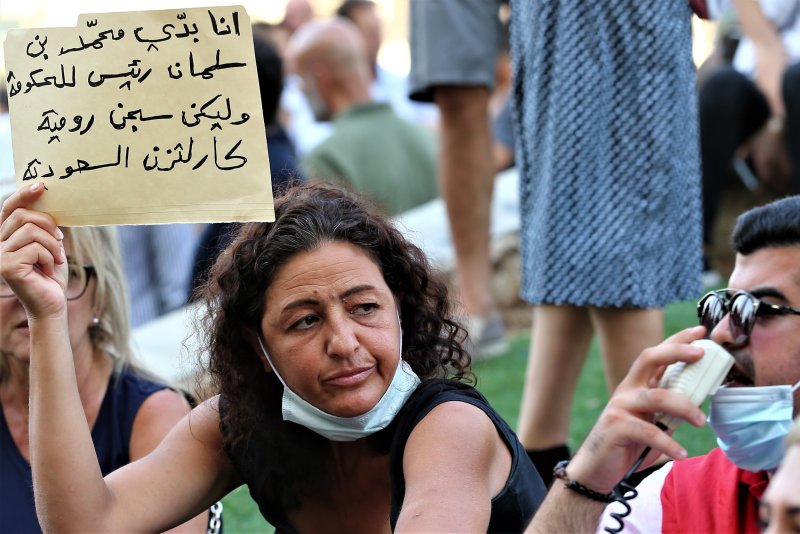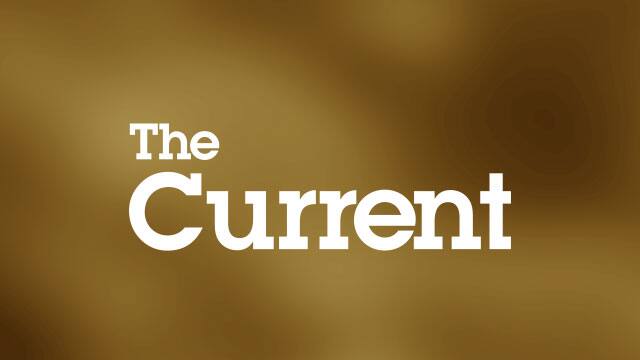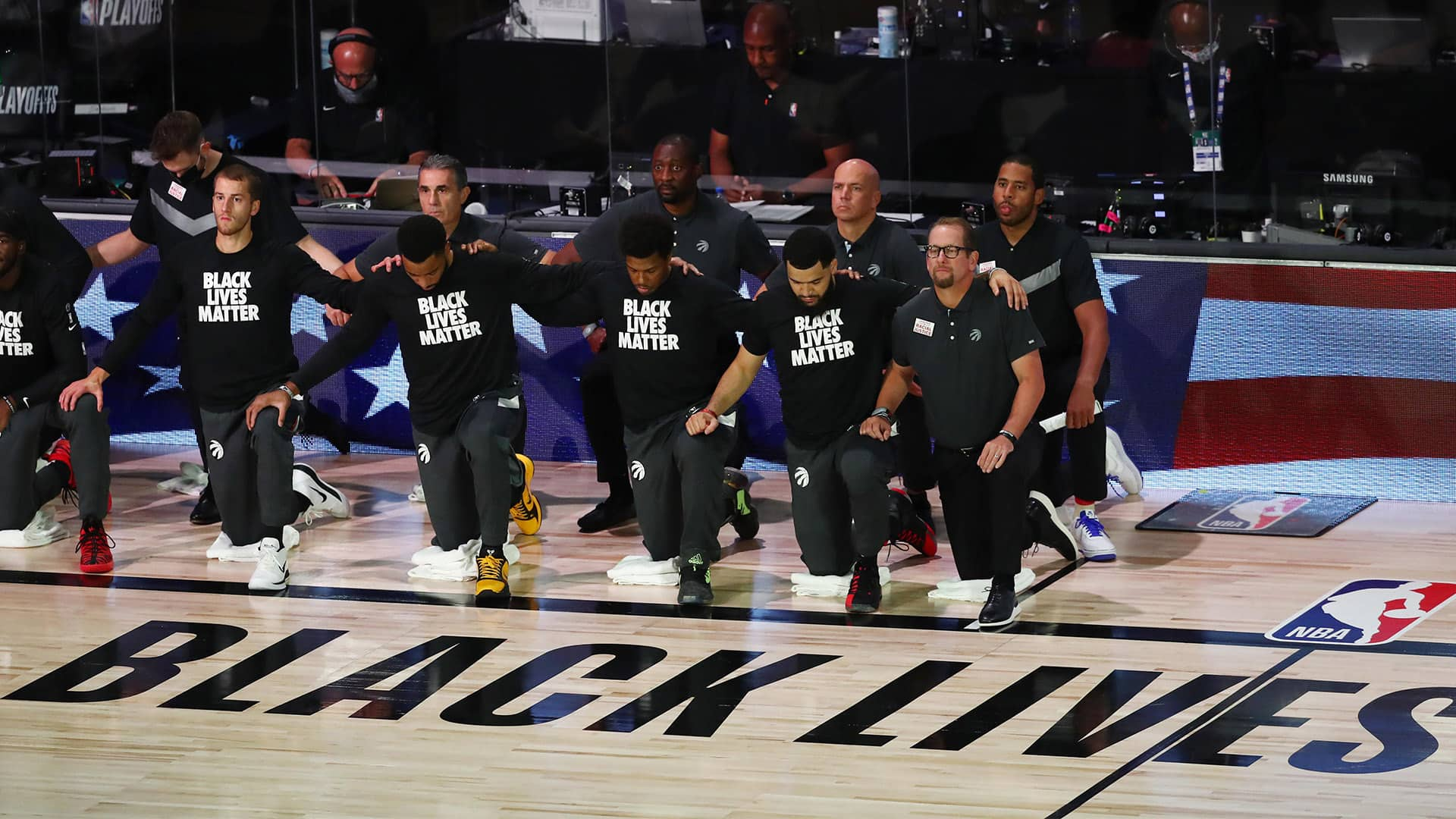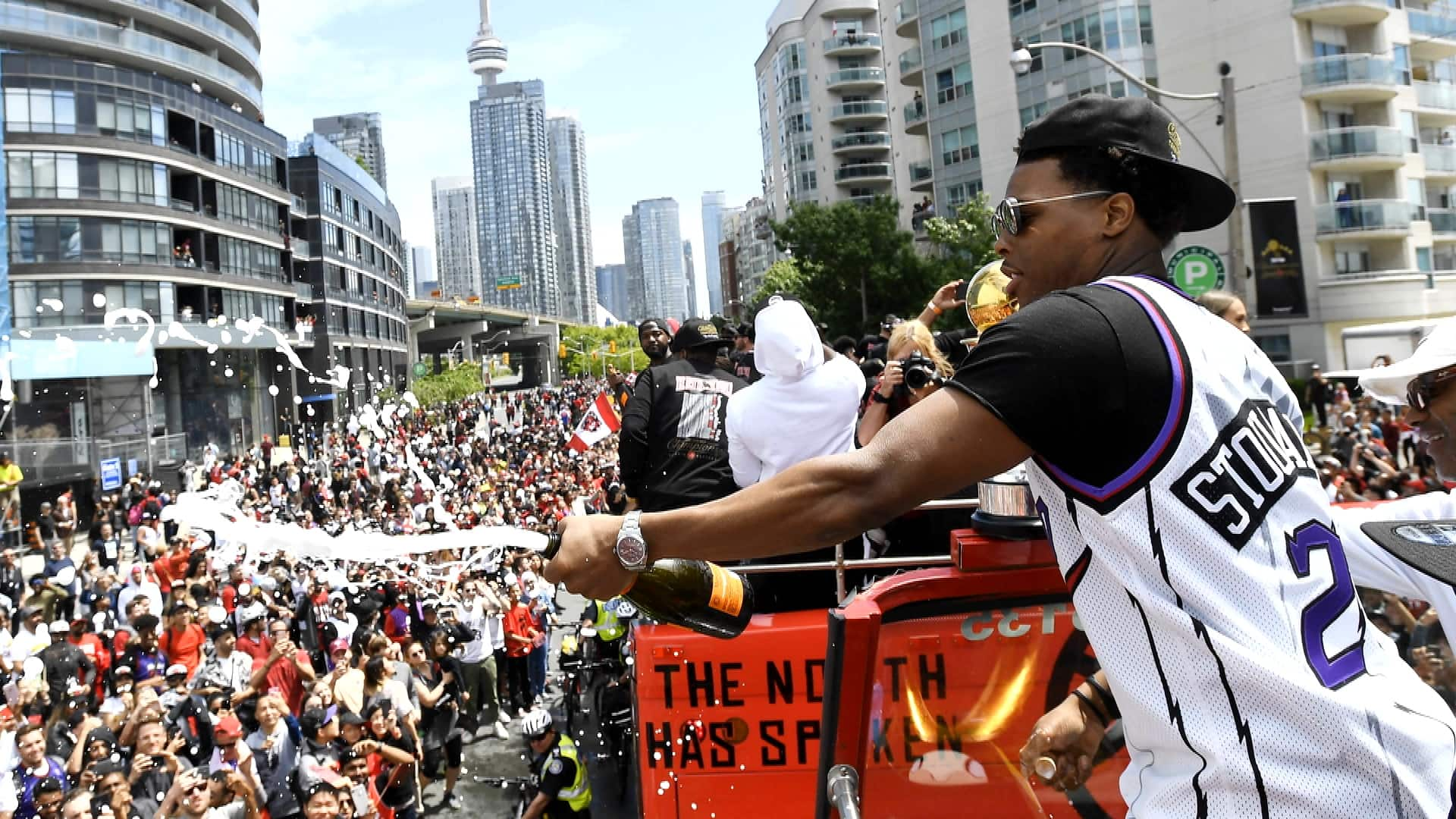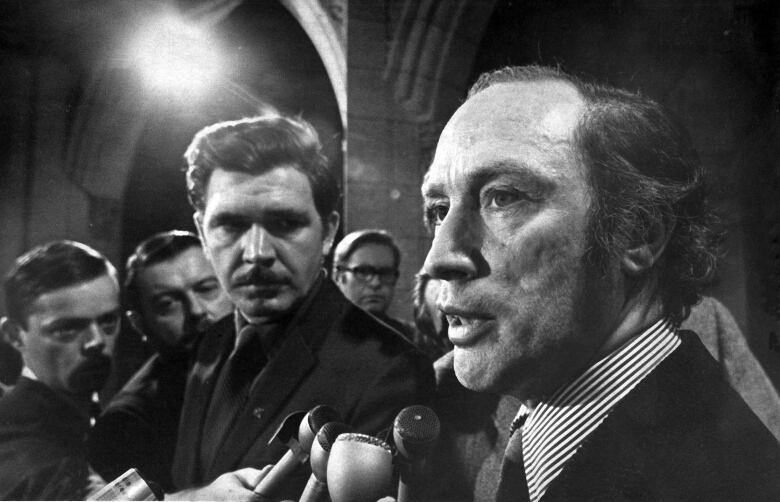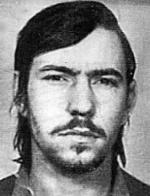The Demands of the FLQ
FLQ communiqué,
Released to the public October 6, 1970
The representative of Great Britain in Quebec, Mr J. Cross, is in the hands of the Front de liberation du Quebec.
Here are the conditions that the ruling authorities must fulfil in order to save the life of the representative of the ancient racist and colonialist British system.
1. They must see to it that the repressive police forces do not commit the monstrous error of attempting to jeopardize the success of the operation by conducting searches, investigations, raids, arrests by any other means.
2. The political manifesto which the Front de liberation du Quebec will address to the ruling authorities must appear in full on the front page of all the principal newspapers in Quebec. The ruling authorities, after consulting with the latter, must make public the list of Quebec newspapers agreeing to publish our manifesto. But it should be quite clear that all Quebec regions must be covered. Furthermore, this manifesto must be read in full and commented upon by the political prisoners before their departure during a programme, the length of which will have to be at least thirty minutes, to be televised live or pre-recorded between 8 and 11 PM on Radio-Canada and its affiliated stations in the province.
3. Liberation of political prisoners: Cyriaque Delisle, Edmond Guenette and François Schirm, Serge Demers, Marcel Faulkner, Gérard Laquerre, Robert Levesque, Réal Mathieu, and Claude Simard; Pierre-Paul Geoffroy, Michel Loriot, Pierre Demers, Gabriel Hudon, Robert Hudon, Marc-André Gagné, François Lanctot, Claude Morency, and André Roy; Pierre Boucher and André Ouellette (recently re-arrested by the police of Drapeau-the-Dog). Wives and children of the political prisoners must be allowed to join them if they so desire. Furthermore, political prisoners André Lessard, Pierre Marcil, and Réjean Tremblay, presently out on bail, must be allowed to join their patriotic comrades and leave Quebec if they so desire.
4. A plane must be made available to the patriotic political prisoners for their transport to either Cuba or Algeria, once an official agreement has been reached with one of these two countries. Furthermore, they must be allowed to be accompanied by their respective lawyers and by at least two political reporters of two French Quebec dailies.
5. During a meeting attended by the Lapalme boys and the Postmaster-General - or a representative - the latter must promise to reinstate them. The reinstatement promise must take into account the standards and conditions already secured by the revolutionary workers of Lapalme prior to the breaking off of negotiations. This meeting must be held within forty-eight hours after the release of this communiqué and must be open to newsmen,
6. A voluntary tax of $500,000 in gold bullion must be put aboard the plane made available to the political prisoners. When one recalls the spendings caused by the recent visit of the Queen of England, the millions of dollars lost by the Post Office Department because of the stubborn millionaire Kierans, the cost of maintaining Quebec within Confederation, etc. ... $500,000 is peanuts!
7. The NAME and the PICTURE of the informer who led police to the last FLQ cell must be made public and published. The Front de liberation du Quebec is in possession of information dealing with the acts and moves of this louse ... and is only awaiting "official" confirmation to act.
Through this move, the Front de liberation du Quebec wants to draw the attention of the world to the fate of French-speaking Quebecois, a majority which is jeered at and crushed on its own territory by a faulty political system (Canadian federalism) and by an economy dominated by the interests of American high finance, the racist and imperialist "big bosses.." When you examine the origins of Confederation you are in a better position to understand what were the true interests ($ $ $) which inspired those who were called the Fathers of Confederation.
Besides, in 1867, the Quebec people (Lower Canada) were not consulted as to the possibility of creating a Confederation of existing provinces. It was a question of big money and these questions are only sorted out by interested parties, the capitalists, those who possess and amass capital and the means of production and who, according to their sole needs and requirements decide on our whole lives as well as those of a race of people. Thousands of Quebecois have understood, as did our ancestors of 1837-38, that the only way to ensure our national as well as economic survival is total independence.
The Front de liberation du Quebec supports unconditionally the American blacks and those of Africa, the liberation movements of Latin America, of Palestine, and of Asia, the revolutionary Catholics of Northern Ireland and all those who fight for their freedom, their independence, and their dignity. The Front de liberation du Quebec wants to salute the Cuban and Algerian people who are heroically fighting against imperialism and colonialism in all its forms, for a just society where man's exploitation by man is banished. However, we believe that the only really true support we can give these people moving towards their liberations is to liberate ourselves first. During and after our struggle we shall offer much more than the usual sympathy of shocked intellectuals confronted with pictures showing aggression in a peaceful and blissful setting.
Here is how the various steps must be carried out:
1. As soon as this communiqué is received by the ruling authorities, they must immediately free all the aforementioned political prisoners and take them to the Montreal International Airport. There, a private room must be placed at their disposal straightaway so they can fraternize and become acquainted with the manifesto, the conditions outlined as well as the steps of the operation. A full copy of the manifesto and of this communiqué must be given to them.
2. They must undergo no harm, brutality, torture, or blackmail.
3. In the hours following the liberation of the political prisoners, a room must be turned into a studio where they will be able to: Communicate with their respective lawyers; Make a public announcement of their personal decision. The political prisoners can accept or refuse to leave Quebec; in other words, the imprisoned patriots are allowed to dissent in view of the disparity between the sentences imposed upon each of them; Read and discuss the manifesto during a televised and broadcast programme, as set out earlier in the conditions; Meet all the friends and militants who may wish to go and see them.
4. The ruling authorities must ensure the return to Montreal of legal advisers and newsmen who will accompany the political prisoners to Cuba or Algeria.
5. The "voluntary tax" of $500,000 in gold bullion must be taken to Dorval airport in nine BRINKS trucks. If this raises any technical problem, the authorities can surely call upon the "experts" who managed to make such a brilliant get-away at the time of the now famous "Brink's show" on the eve of the election. Newsmen (including the one from the Gazette just like in the good old days) must be allowed to attend the departure and arrival of the "happy group." All these conditions and their fulfilment must be dealt with within forty-eight hours from the release of this communiqué.. All these conditions are irrevocable. The life of the diplomat depends therefore on the good-will of the ruling authorities. Once the Front de liberation du Quebec has made sure that the lawyers and newsmen are on their way back and the latter have confirmed the arrival of the political prisoners as well as the voluntary tax which must be checked by Cuban or Algerian experts, and once they have confirmed that everything went according to plan, then and then only will the diplomat be set free. We feel confident that the imprisoned political patriots will benefit from the experience in Cuba or Algiers and we thank them in advance for the concern which they will express for our Quebec comrades.
We shall overcome!
Front de liberation du Quebec.
© 1999, Claude Bélanger, Marianopolis College
Front de Libération du Québec
Manifesto of October 1970
Source: “The FLQ Manifesto,” Marcel Rioux, Quebec in Question (1971), tr. James Boake;
CopyLeft: Creative Commons (Attribute & ShareAlike) marxists.org 2004.
Issued by the Front de Libération du Québec and read over CBC/Radio-Canada Oct. 8, 1970 as a condition for the release of kidnapped British trade official James Cross. Cross had been kidnapped on October 5 by the Libération cell of the FLQ, and among their demands for his release was the reading of this manifesto on TV and radio. Three days later the Chenier cell kidnapped Quebec’s Labor and Immigration minister, Pierre Laporte. Cross was released by his captors on December 3 when their hideout was discovered; the felquistes were flown to Cuba. Laporte was found dead in the trunk of a car on October 17.
The people in the Front de Liberation du Québec are neither Messiahs nor modern-day Robin Hoods. They are a group of Quebec workers who have decided to do everything they can to assure that the people of Quebec take their destiny into their own hands, once and for all.
The Front de Libération du Québec wants total independence for Quebeckers; it wants to see them united in a free society, a society purged for good of its gang of rapacious sharks, the big bosses who dish out patronage and their henchmen, who have turned Quebec into a private preserve of cheap labour and unscrupulous exploitation.
The Front de Libération du Québec is not an aggressive movement, but a response to the aggression organized by high finance through its puppets, the federal and provincial governments (the Brinks farce, Bill 69, the electoral map, the so-called “social progress” tax, the Power Corporation, medical insurance — for the doctors, the guys at Lapalme...)
The Front de Libération du Québec finances itself — through voluntary (sic) taxes levied on the enterprises that exploit the workers (banks, finance companies, etc....).
“The money powers of the status quo, the majority of the traditional tutors of our people, have obtained from the voters the reaction they hoped for, a step backwards rather than the changes we have worked for as never before, the changes we will continue to work for.” (René Lévesque, April 29, 1970).
Once, we believed it worthwhile to channel our energy and our impatience, in the apt words of René Lévesque, into the Parti Québécois, but the Liberal victory shows that what is called democracy in Quebec has always been, and still is, nothing but the “democracy” of the rich. In this sense the victory of the Liberal party is in fact nothing but the victory of the Simard-Cotroni election- fixers. Consequently, we wash our hands of the British parliamentary system; the Front de Libération du Québec will never let itself be distracted by the electoral crumbs that the Anglo-Saxon capitalists toss into the Quebec barnyard every four years. Many Quebeckers have realized the truth and are ready to take action. In the coming year Bourassa is going to get what’s coming to him: 100,000 revolutionary workers, armed and organized!
Yes, there are reasons for the Liberal victory. Yes, there are reasons for poverty, unemployment, slums, for the fact that you, Mr. Bergeron of Visitation Street, and you too, Mr. Legendre of Ville de Laval, who make F10,000 a year, do not feel free in our country, Quebec.
Yes, there are reasons, the guys who work for Lord know them, and so do the fishermen of the Gash, the workers on the North Shore; the miners who work for Iron Ore, for Québec Cartier Mining, for Noranda know these reasons too. The honest workingmen at Cabano, the guys they tried to screw still one more time, they know lots of reasons.
Yes, there are reasons why you, Mr. Tremblay of Panet Street and you, Mr. Cloutier who work in construction in St. Jérôme, can’t afford “Golden Vessels” with all the jazzy music and the sharp decor, like Drapeau the aristocrat, the guy who was so concerned about slums that he had coloured billboards stuck up in front of them so that the rich tourists couldn’t see us in our misery.
Yes, Madame Lemay of St. Hyacinthe, there are — reasons why you can’t afford a little junket to Florida like the rotten judges and members of Parliament who travel on our money. The good workers at Vickers and at Davie Shipbuilding, the ones who were given no reason for being thrown out, know these reasons; so do the guys at Murdochville that were smashed only because they wanted to form a union, and whom the rotten judges forced to pay over two million dollars because they had wanted to exercise this elementary right. The guys of Murdochville are familiar with this justice; they know lots of reasons. Yes, there are reasons why you, Mr. Lachance of St. Marguerite Street, go drowning your despair, your bitterness, and your rage in Molson’s horse piss. And you, the Lachance boy, with your marijuana cigarettes...
Yes, there are reasons why you, the welfare cases, are kept from generation to generation on public assistance. There are lots of reasons, the workers for Domtar at Windsor and East Angus know them; the workers for Squibb and Ayers, for the Quebec Liquor Commission and for Seven-up and for Victoria Precision, and the blue collar workers of Laval and of Montreal and the guys at Lapalme know lots of reasons.
The workers at Dupont of Canada know some reasons too, even if they will soon be able to express them only in English (thus assimilated, they will swell the number of New Quebeckers, the immigrants who are the darlings of Bill 69).
These reasons ought to have been understood by the policemen of Montreal, the system’s muscle; they ought to have realized that we live in a terrorized society, because without their force and their violence, everything fell apart on October 7.
We've had enough of a Canadian federalism which penalizes the dairy farmers of Quebec to satisfy the requirements of the Anglo-Saxons of the Commonwealth; which keeps the honest taxi drivers of Montreal in a state of semi-slavery by shamefully protecting the exclusive monopoly of the nauseating Murray Hill, and its owner — the murderer Charles Hershorn and his son Paul who, the night of October 7, repeatedly tore a .22 rifle out of the hands of his employees to fire on the taxi drivers and thereby mortally wounded Corporal Dumas, killed as a demonstrator. Canadian federalism pursues a reckless import policy, thereby throwing out of work the people who earn low wages in the textile and shoe industries, the most downtrodden people in Quebec, and all to line the pockets of a handful of filthy “money-makers” in Cadillacs. We are fed up with a federalism which classes the Quebec nation among the ethnic minorities of Canada.
We, and more and more Quebeckers too, have had it with a government of pussy-footers who perform a hundred and one tricks to charm the American millionaires, begging them to come and invest in Quebec, the Beautiful Province where thousands of square miles of forests full of game and of lakes full of fish are the exclusive property of these all-powerful lords of the twentieth century. We are sick of a government in the hands of a hypocrite like Bourassa who depends on Brinks armoured trucks, an authentic symbol of the foreign occupation of Quebec, to keep the poor Quebec “natives” fearful of that poverty and unemployment to which we are so accustomed.
We are fed up with the taxes we pay that Ottawa’s agent in Quebec would give to the English-speaking bosses as an “incentive” for them to speak French, to negotiate in French. Repeat after me: “Cheap labour is main d'oeuvre à bon marché in French.”
We have had enough of promises of work and of prosperity, when in fact we will always be the diligent servants and bootlickers of the big shots, as long as there is a Westmount, a Town of Mount Royal, a Hampstead, an Outremont, all these veritable fortresses of the high finance of St. James Street and Wall Street; we will be slaves until Quebeckers, all of us, have used every means, including dynamite and guns, to drive out these big bosses of the economy and of politics, who will stoop to any action however base, the better to screw us.
We live in a society of terrorized slaves, terrorized by the big bosses, Steinberg, Clark, Bronfman, Smith, Neopole, Timmins, Geoffrion, J.L. Lévesque, Hershorn, Thompson, Nesbitt, Desmarais, Kierans (next to these, Rémi Popol the Nightstick, Drapeau the Dog, the Simards’ Simple Simon and Trudeau the Pansy are peanuts!).
We are terrorized by the Roman Capitalist Church, though this is less and less true today (who owns the square where the Stock Exchange was built?); terrorized by the payments owing to Household Finance, by the advertising of the grand masters of consumption, Eaton’s, Simpson’s, Morgan’s, Steinberg’s, General Motors — terrorized by those exclusive clubs of science and culture, the universities, and by their boss-directors Gaudry and Dorais, and by the vice-boss Robert Shaw.
There are more and more of us who know and suffer under this terrorist society, and the day is coming when all the Westmounts of Quebec will disappear from the map.
Workers in industry, in mines and in the forests! Workers in the service industries, teachers, students and unemployed! Take what belongs to you, your jobs, your determination and your freedom. And you, the workers at General Electric, you make your factories run; you are the only ones able to produce; without you, General Electric is nothing!
Workers of Quebec, begin from this day forward to take back what is yours; take yourselves what belongs to you. Only you know your factories, your machines, your hotels, your universities, your unions; do not wait for some organization to produce a miracle.
Make your revolution yourselves in your neighbourhoods, in your places of work. If you don’t do it yourselves, other usurpers, technocrats or someone else, will replace the handful of cigar-smokers we know today and everything will have to be done all over again. Only you are capable of building a free society.
We must struggle not individually but together, till victory is obtained, with every means at our disposal, like the Patriots of 1897-1898 (those whom Our Holy Mother Church hastened to excommunicate, the better to sell out to British interests).
In the four corners of Quebec, may those who have been disdainfully called lousy Frenchmen and alcoholics begin a vigorous battle against those who have muzzled liberty and justice; may they put out of commission all the professional holdup artists and swindlers: bankers, businessmen, judges and corrupt political wheeler-dealers. ...
We are Quebec workers and we are prepared to go all the way. With the help of the entire population, we want to replace this society of slaves by a free society, operating by itself and for itself, a society open on the world. Our struggle can only be victorious. A people that has awakened cannot long be kept in misery and contempt.
Long live Free Quebec!
Long live our comrades the political prisoners!
Long live the Quebec Revolution!
Long live the Front de Libération du Québec!







